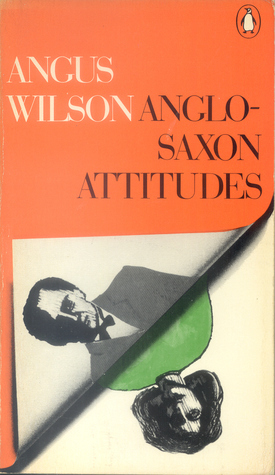What do you think?
Rate this book


352 pages, Paperback
First published January 1, 1956
As he took a glass of champagne from one of the hired waiters, he saw with horror that Marie-Hélène was leading a tall, grey-haired Frenchman towards him. It was as he feared, the distinguished author of Les causes célèbres du moyen âge, Armand Sarthe. Oh well, he thought, the chap must be a cynical journalist who's written the stuff for money; he may well be quite a pleasant fellow in real life. But when Marie-Hélène moved away in grave deference to the esoteric bonds of scholarship that united them, M. Sarthe's first words were not promising.
'Woman,' he said, and he waved his hand towards Marie-Hélène's sharp shoulder-blades protruding uglily above the flowing folds of her crimson gown, 'defies the historian's art. We can catch her differences, the change in her art. We can catch for a moment the turn of Aspasia's head as she delights Pericles with her wit. We can bring to life again the harsh note in Xanthippe's scolding voice. We can turn with horror from the cruelty in Messalina's eyes or with shame for ourselves from the innocent love with which Heloise looks at her lover. We can stand with the Maid as she scorns her judges. But the essential woman - the woman that was there in the caves at Lascaux and is here in this room today - eludes us. Do you agree?'
Gerald had some difficulty in following the rapid French, so he contented himself by saying 'Yes.'